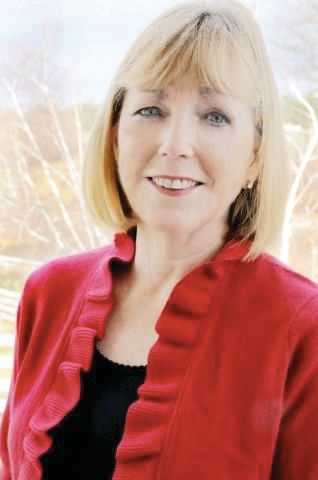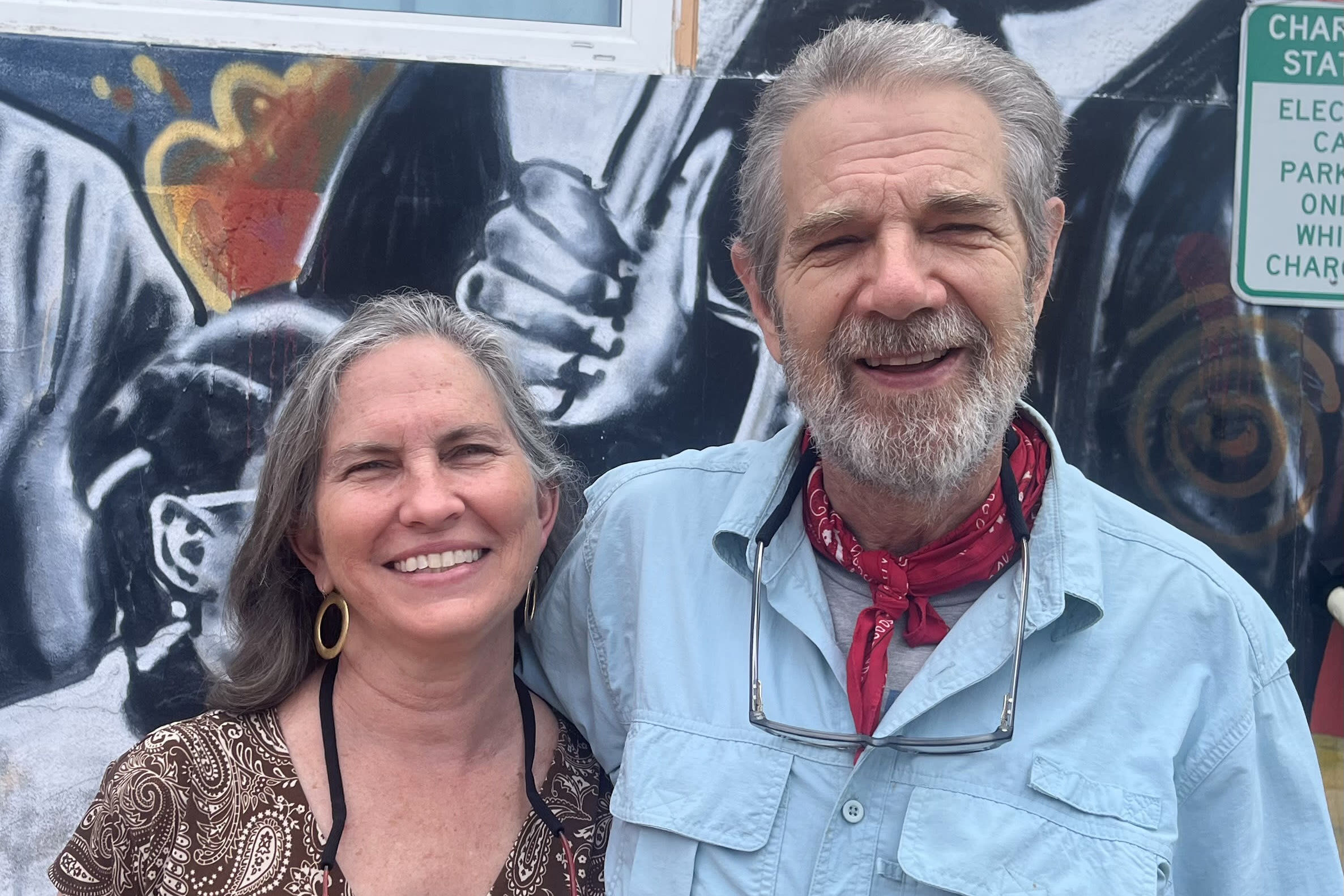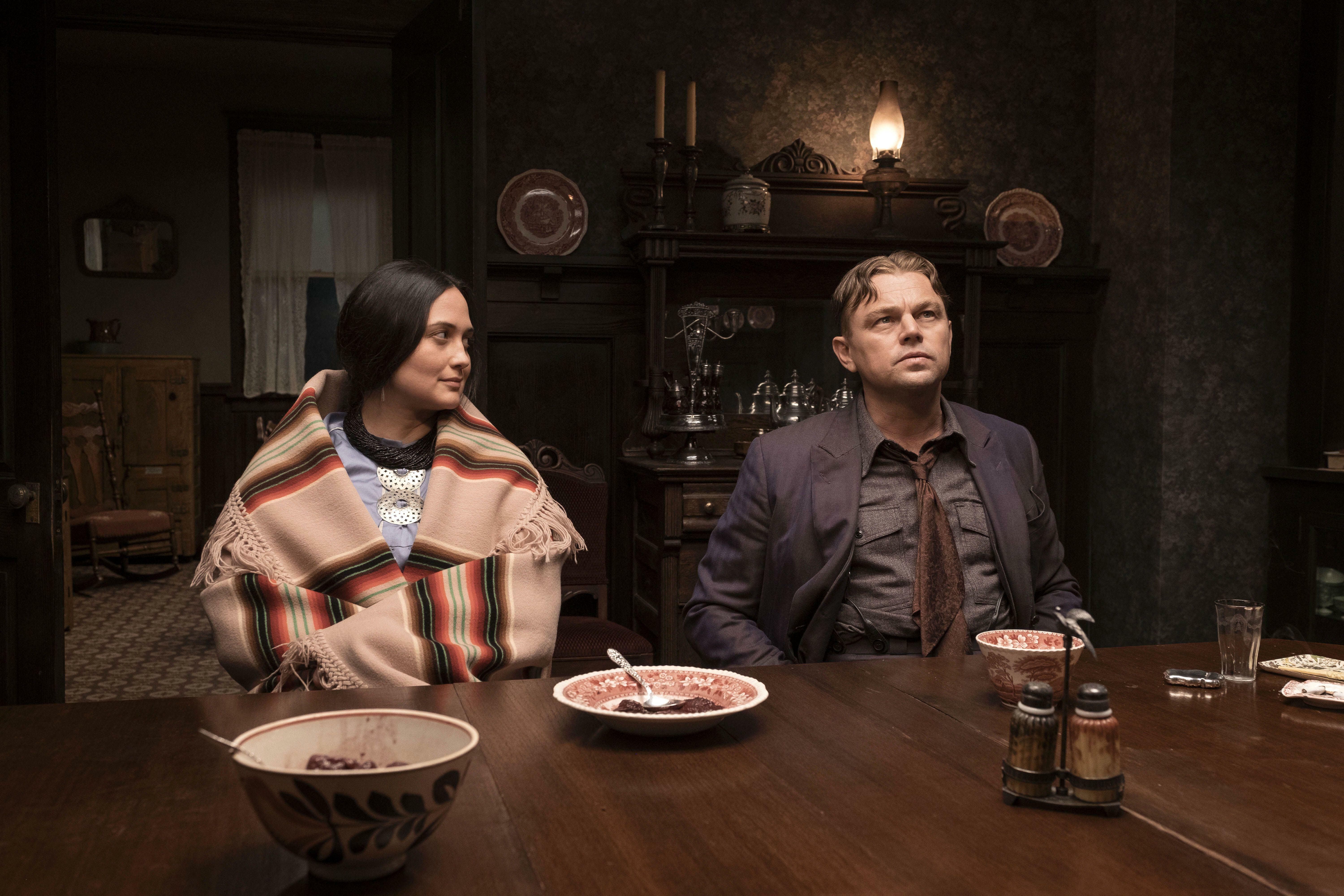Karen Solem Discusses Her Long Career Working with Romance Authors

For someone who doesn’t consider herself particularly romantic, Karen Solem knows what it takes to turn hearts aflutter. First as an editor and publisher and then, for the past 20 years, as an agent, Solem has been one of the most influential figures in the genre of romance fiction, discovering author Nora Roberts and helping to launch the careers of bestselling writers such as Sandra Brown, Barbara Delinsky and Janet Evanovich.

Karen Solem
Image: Courtesy Photo
Solem, whose Spencerhill Associates literary agency is headquartered on Main Street in Lakewood Ranch, sat down with 941CEO to reflect on lessons from five decades in the book industry.
“Growing up on Long Island in New York, I was a shy, interior child. I spent a lot of time reading. And I always thought that could translate into a career. I knew exactly what I wanted to do and I never wavered from that path. Some people have a hard time deciding what they want to do. But I think that sometimes you just need to find a fit and see where it takes you.”
“My first big break in 1980 was getting hired at Simon and Schuster to start their Silhouette imprint. Simon and Schuster had been the distributor for Harlequin, the leading publisher of romance novels. Harlequin fired Simon and Schuster, and our CEO Dick Snyder said, ‘I’ll get even with you.’ Our goal at Silhouette was to publish four books every other month. By the time I left, we were publishing 26 to 28 books every month, so Dick more than got his wish about getting back at Harlequin.”
“It’s fair to say that I discovered Nora Roberts, and I published her first 100 books. I knew right away with Nora. There was such passion and emotion in her stories. She grasped immediately what readers like. You can pick up one of her books and think you’ll skim through it and you’ll be completely hooked. When a lot of people think of romance, it’s Fifty Shades of Grey. But it’s not. Most people skip over ‘He put his hand there or she did this.’ You read what brings people together. You’re interested in the hopefulness of the relationship. You want to think that the story ends well for this woman.”
“My bosses at Simon and Schuster, Dick Snyder and Ron Busch, were always on the ‘10 Worst Bosses’ lists, but I learned a lot from them. I found out early that you never BS your way through a meeting. If you don’t know the answer, say you don’t know and then go out and get the answer. Dick Snyder was the kind of guy who would call me into his office and say, ‘Cookie, here is another lesson in power.’ He would then call somebody out of the blue and just ream them out and have me sit there and listen to it. I had one or two encounters when he tried to take that approach with me and I reminded him that my contract really meant nothing to me and I was happy to walk out of the office and not come back. Once he realized that I would not allow him to treat me like he did many people, we didn’t have any problems. But, as I said, I learned a lot from him that proved useful, including always knowing who your next hire is going to be, well before the opening comes up. I was always looking for that person. Dick also told me to tell him the truth, even if it was not what he wanted to hear, and that is what I want from the people who work for me.”
“Nothing about publishing was 9 to 5. I would work all day and then come home and read. You had to do that work at home and on the weekends because you could not get the time and the quiet to concentrate at the office. You didn’t have much of a life, but my life really was publishing. I loved books and authors. When I traveled, I would go to bookstores and ask what people were reading. I was just immersed in the whole process of publishing. One of the things I liked most about that time is that authors had a chance to find their voice. We would publish four or five books before a writer might take off. That’s no longer the case, unfortunately.”
“When I left publishing 20 years ago, I had had enough of the corporate culture and the stresses of working in New York. I was unemployed and wondering what was the next phase. I decided what I did well was working with writers. Instead of walking that fine line between publisher and author, I could be the author’s advocate exclusively. It’s a move I’ve never regretted. I’ve taken some writers who were not publishable and made them best sellers. So even though I walked away from a big job in which I made a lot of money, I ended up finding the most fulfilling job of my entire career.”
“I think everyone can write a book. The question is: What kind of book can you write? Can you write a good book that you’re actually interested in enough to finish? I’ve seen things available digitally where the author is bored. You get to chapter eight and the author says this happened, that happened, end of the story. A lot of people today want to put a book out there because it’s going to make them money, change their life or it’s going to buy them respect, but it’s not going to do any of those things. Like acting, there are a ton of people writing who make no money at all.”



